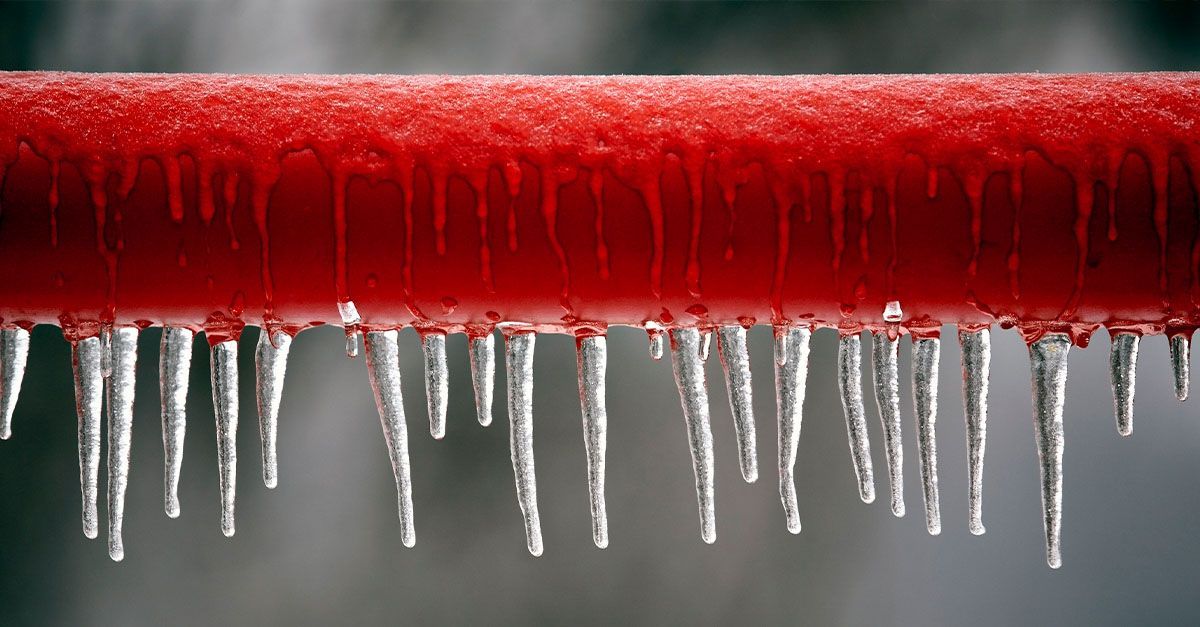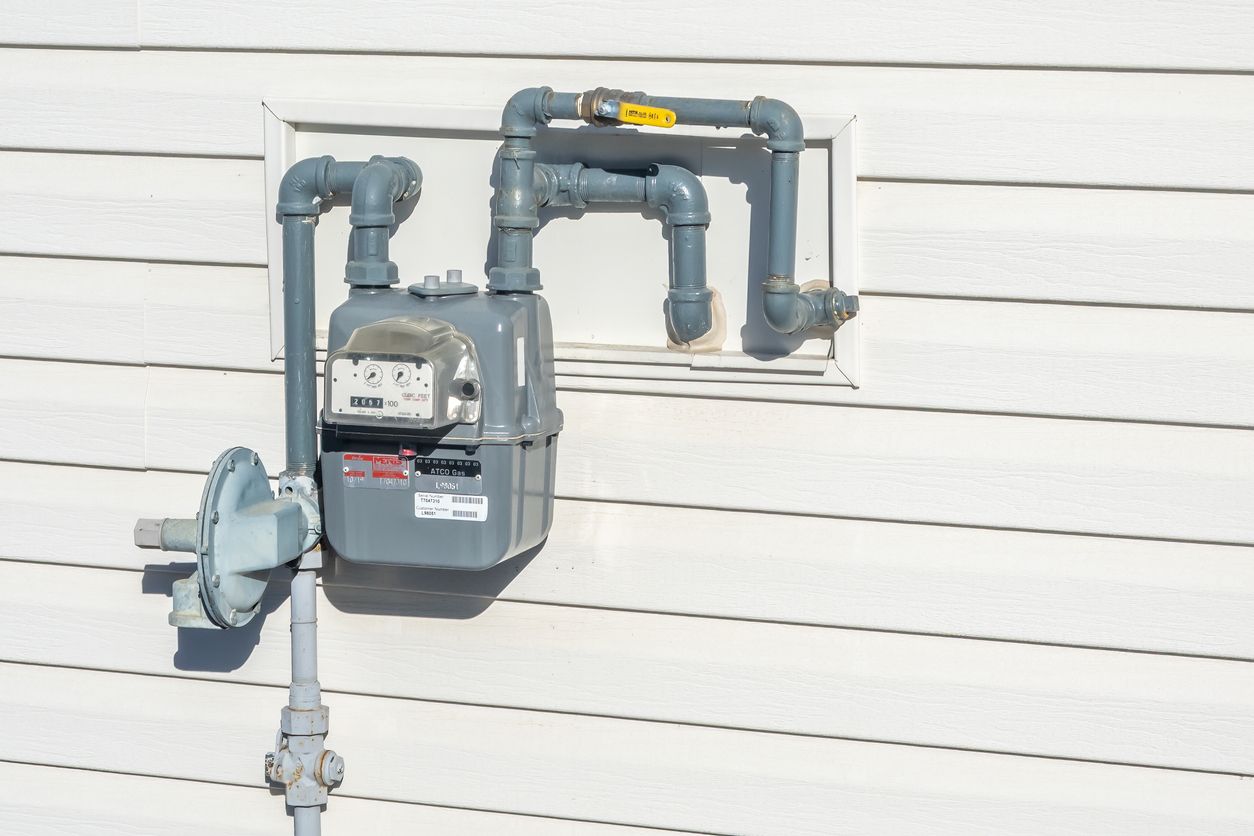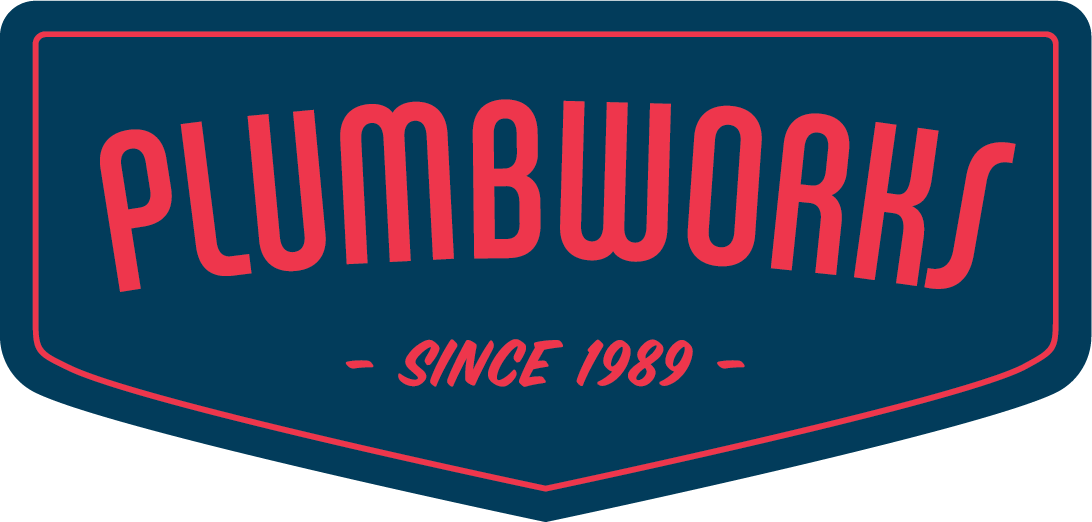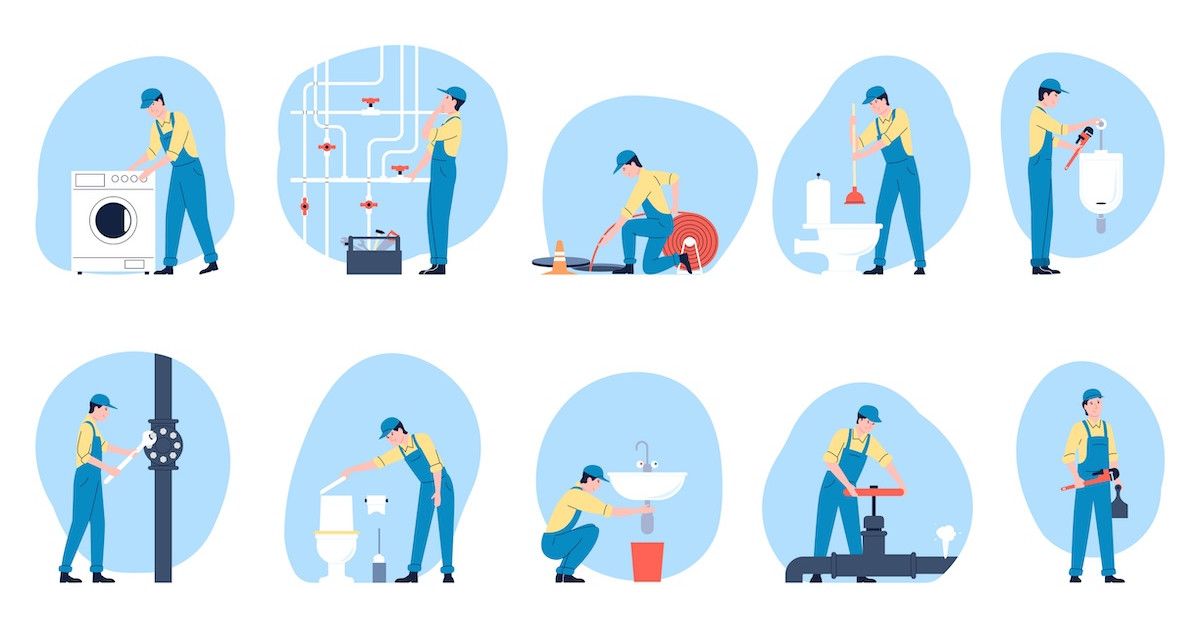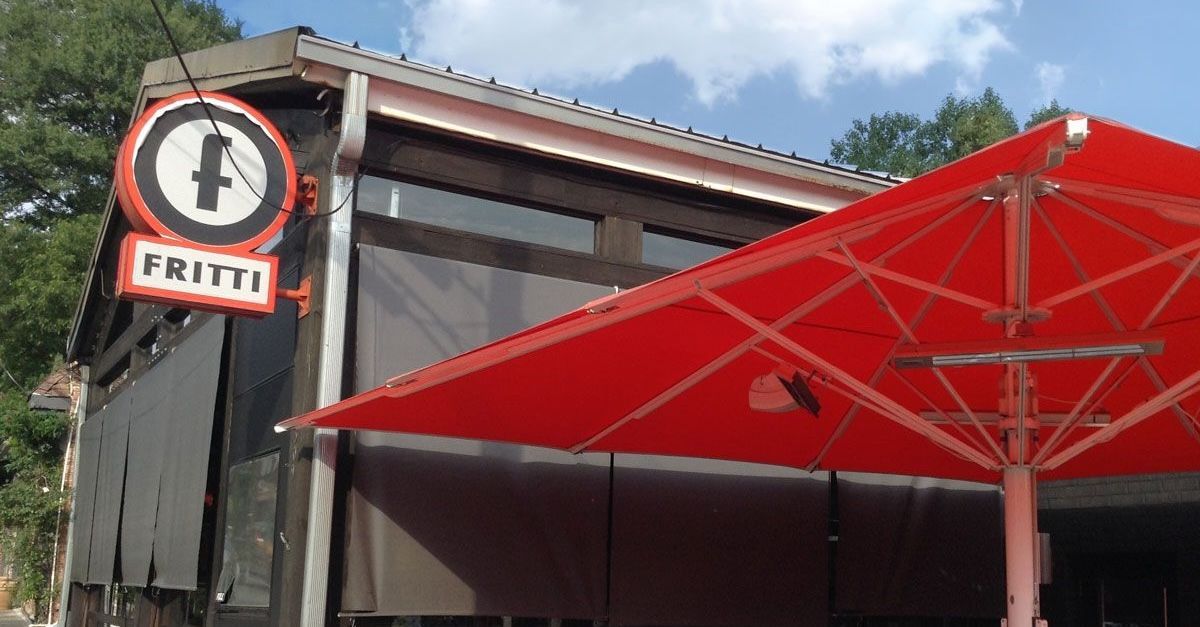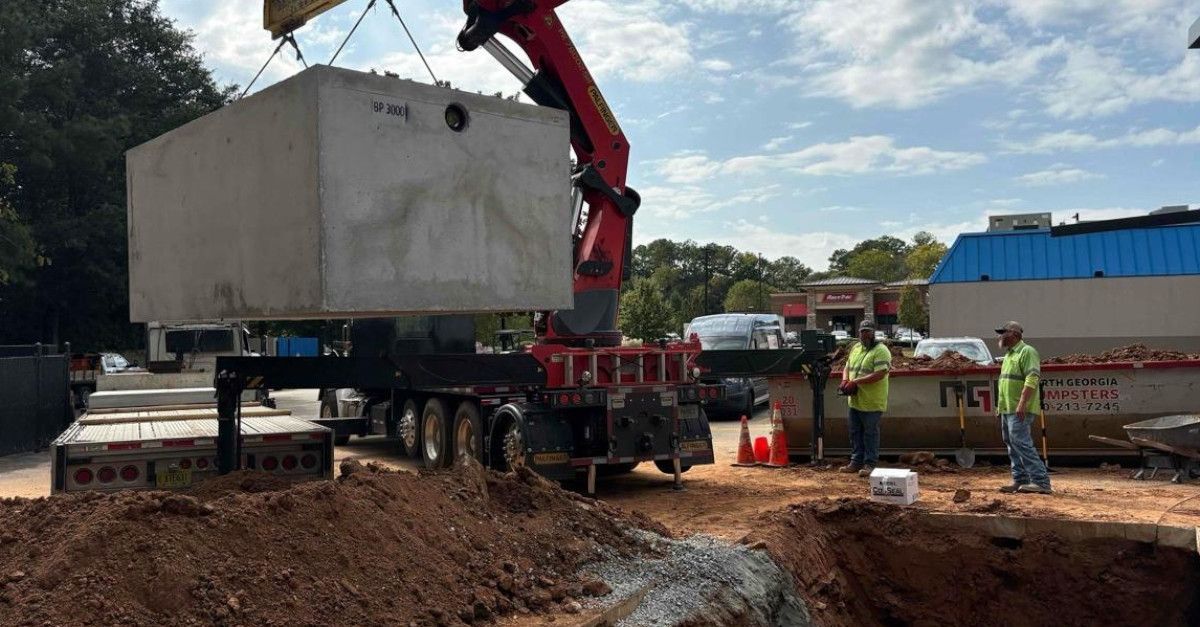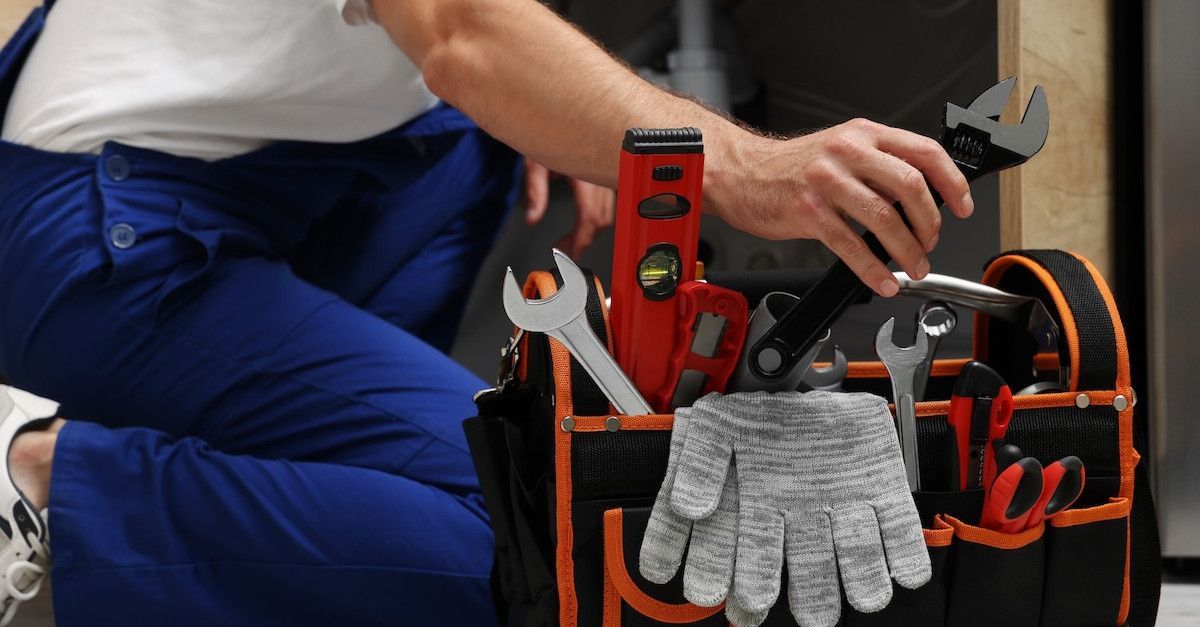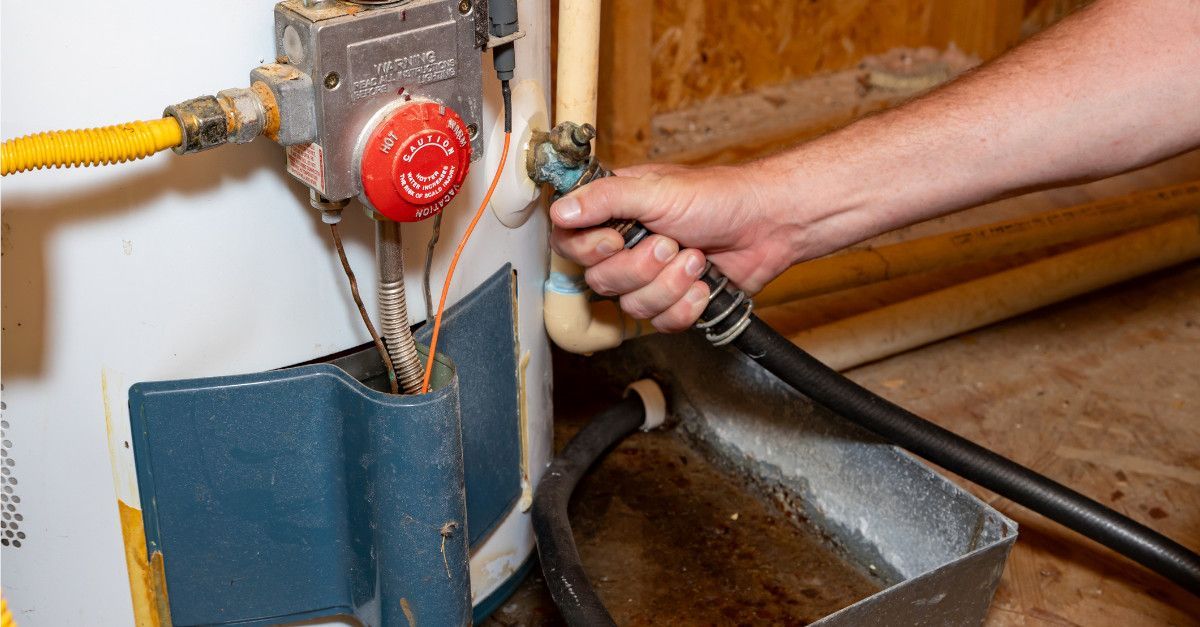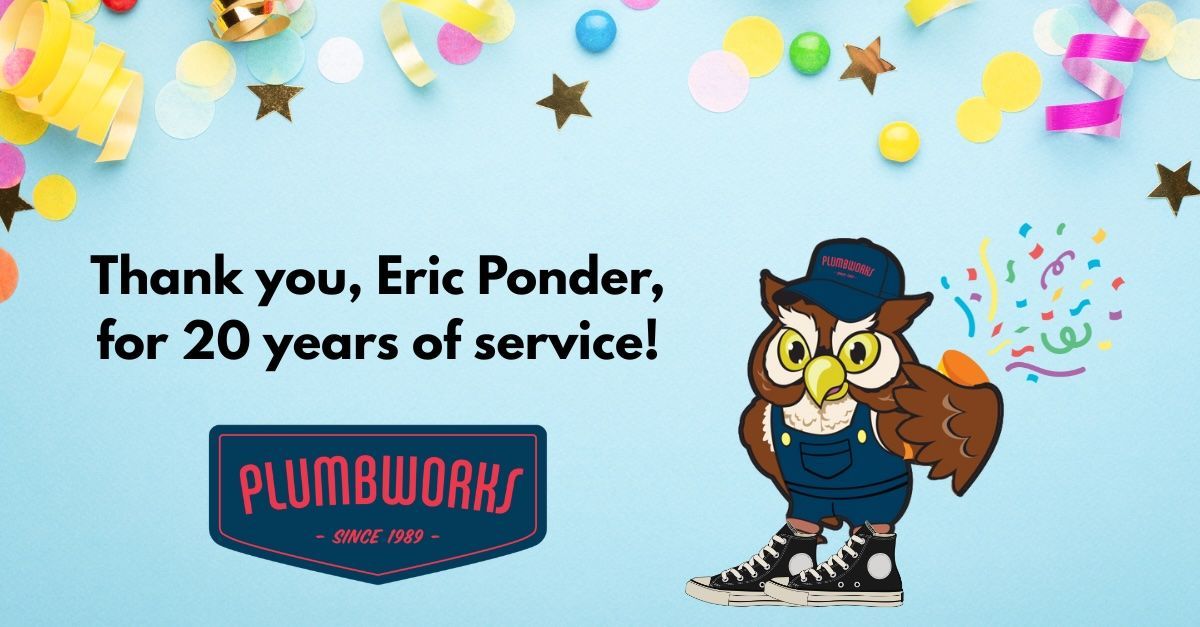Tips for Leak Detection
There are lots of plumbing jobs around the house that should be left to a professional, but preventing and locating leaks isn’t necessarily one of them.
In fact, regular prevention should be part of your routine as a homeowner.
Today we’re going to give you some tips on how to stop water leaks before they start, how to find them once they do, and why you should take the time to address these important tasks.
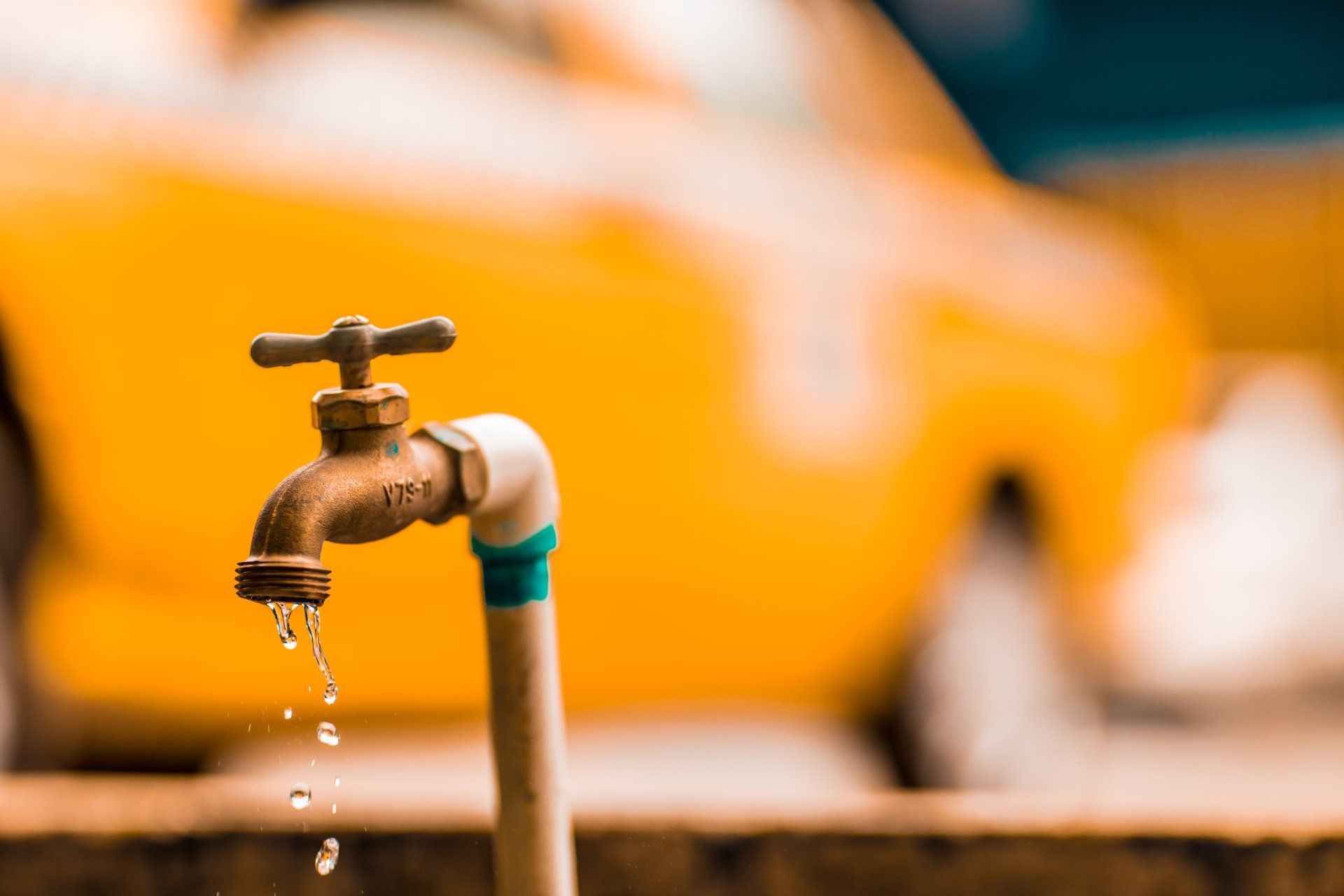
Tip 1: Know What You’re Trying to Avoid
Leaks aren’t fun to deal with, but ignoring them can lead to much bigger problems down the road, and likely more expensive and extensive repairs.
- When you’ve got a leak, one of the problems it can cause is rusting pipes, which in turn can lead to corrosion, burst pipes, and flooding.
- Areas that are constantly wet are also prone to mold and mold growth.
- On top of exacerbating allergy and asthma symptoms, mold can also ruin carpeting, drywall, concrete, wood, furniture, and other materials.
- Moisture can also lead to rot and decay of building materials like wood and drywall, requiring enormous repairs if the damage gets too bad.
- Water leaks are wasteful, they cost you tons on your water bills, and they can reduce the water pressure in your house.
Tip 2: Learn to Prevent Leaks
There are lots of things you can do around the house to prevent leaks, but the major thing is performing regular inspections to keep an eye on possible problem areas.
- Inspect your faucets, visible pipes, and appliances regularly for leaks, drips, corrosion, and other problems
- Check your walls, floors, and ceilings every couple of months to look for wet spots, dark spots, mold, and discoloration, all of which can indicate a leak with a nearby pipe
- Keep the water pressure in your house at the right level
- Don’t use corrosive drain cleaners
- Always use your drains and toilets properly (no flushing grease, foreign objects, or food)
- Check your yard and the area around your house for wet spots and spongy areas that could indicate a leak in the main or sewer line
Tip 3: Find Out How to Locate Leaks
The first step in locating a leak in your house is determining if you even have one that needs to be addressed. If you can’t see the leak but suspect you may have one, here’s how you can find out for sure.
- Tell everybody in the house not to use the water for two hours.
- Check the water meter reading at the beginning and end of that period, and compare the readings.
- If the meter went up when nobody used water, it means there’s a leak you need to find.
When you do uncover a leak, address it immediately, or call in a professional who can. There’s no good reason to ignore a leak, even if it’s just a small and innocuous-looking drip at the kitchen tap. If you are in doubt, contact Plumb Works for our professional water leak detection services.
